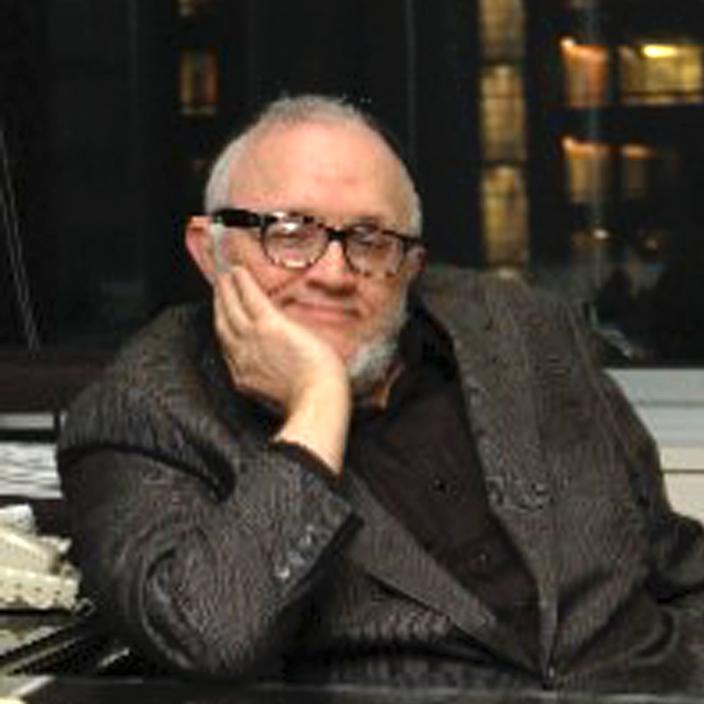
Samuel Danishefsky is a leader in synthesizing the precise three-dimensional structures of many complex organic compounds—considered to be the primary training ground for chemists who play a pivotal role in the discovery and development of new pharmaceuticals. Among the molecules invented by Danishefsky at Columbia are epothilones--natural products that have great promise as anti-cancer agents.
Danishefsky's interests have been centered on chemistry since the early 1950s when he began his formal education at Yeshiva University in New York City, earning a B.S. in 1956. He earned his Ph.D. in chemistry from Harvard in 1962, which partially overlapped with a National Institutes of Health postdoctoral fellowship at Columbia University. His earliest academic appointment came from the University of Pittsburgh, where he taught until 1979. He spent the following 14 years at Yale. By 1991 he was sharing his time with Memorial Sloan-Kettering Cancer Center as director of the Laboratory for Cancer Research Bioorganic Chemistry, becoming chair in 1993. He accepted an appointment as professor at Columbia University in 1993, and now splits his time between Columbia and Sloan-Kettering.
In 1995, Danishefsky shared the distinguished Wolf Award and $100,000 Prize, with Gilbert Stork, his mentor at Columbia, in honor of their careers' work replicating nature's chemistry for human use. Danishefsky is the recipient of numerous other awards including the American Chemical Society's Guenther Award and Aldrich Award for Creative Work in Synthetic Organic Chemistry, The New York City Mayor's Award for Science and Technology, and the Bristol Myers Squibb Lifetime Achievement Award. This year, he will be formally named recipient of the 2006 Bristol-Myers Squibb Distinguished Achievement Award in Organic Synthesis and will be honored with the National Academy of Sciences' NAS Award in Chemical Sciences. He is a member of the National Academy of Sciences, an Arthur C. Cope Scholar, and a fellow of the American Association for the Advancement of Science.
Information as of April 2006

